I am a student at in Uru Mānuka. In 2020 I was a year 9 and in 2021 I will be a year 10. This is a place where I will be able to share my learning with you. Please note....some work won't be edited - just my first drafts, so there may be some surface errors. I would love your feedback, comments, thoughts and ideas.
Thursday, March 28, 2019
Tuesday, March 26, 2019
Reading Week 9
 |
scientist. I drew my scientist like this because most scientists are men
 |
principal. I drew the principal like because our principal is a male.
 |
Prime minister. I don't know why I drew the Prime minister like this.
In our group the others drew the Prime minister like Jacinda Arden but I just did random
What is a gender stereotype? A gender stereotype is someone that thinks certain genders that has to do or like certain things.
I don't think jobs have certain stereotypes.
I don't think different aged people will draw the same things because their influence is different.
If I drew this again it would probably be different.
Monday, March 25, 2019
Sherbet.
What is that white powder?
Today you will be a forensic chemist.
A bag of white powder has been confiscated by the airport customs. You need to find out what white powder it is?
Aim: To learn about the makeup of different white powders.
There are a number of different white powders in our everyday life. Some of these are harmful and others are not. Test the four white powders listed to see which one has been found at the airport.
Here are some examples of everyday kitchen white powders.
Flour, Cornflour, Sugar, Salt, Baking Soda, Baking Powder, Icing Sugar, Tartaric Acid
Citric Acid, Gluten Free flour
You will be given a small amount of 4 white powders on your cardboard. On the black cardboard using a magnifying glass look at the powders.
Look at them under your magnifying glass and record what you see.
1. Cornflour
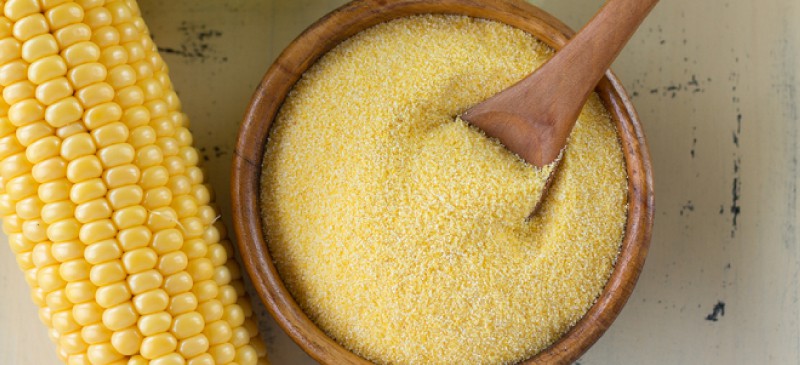
2. Baking Soda
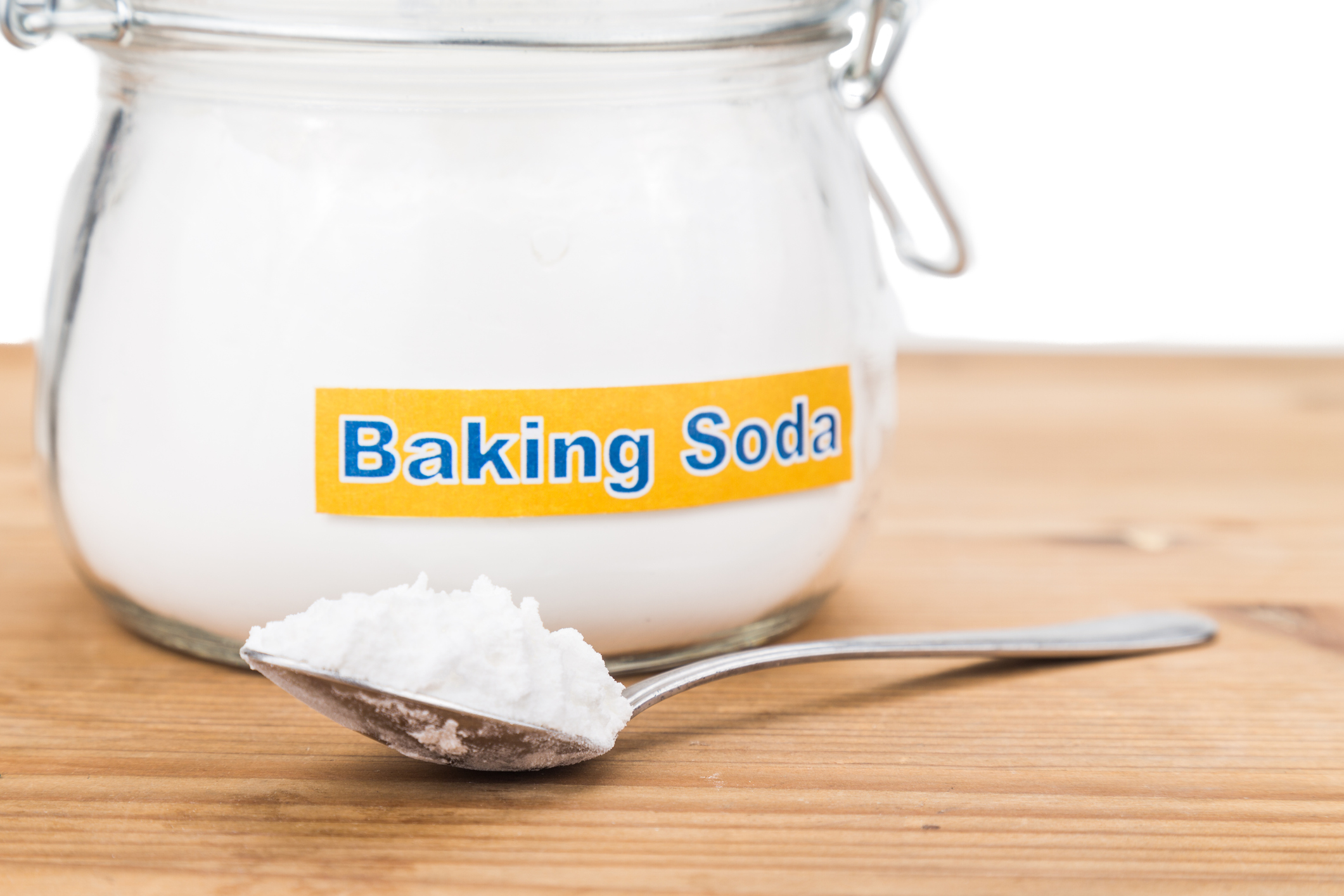
3. Salt
4. Sugar
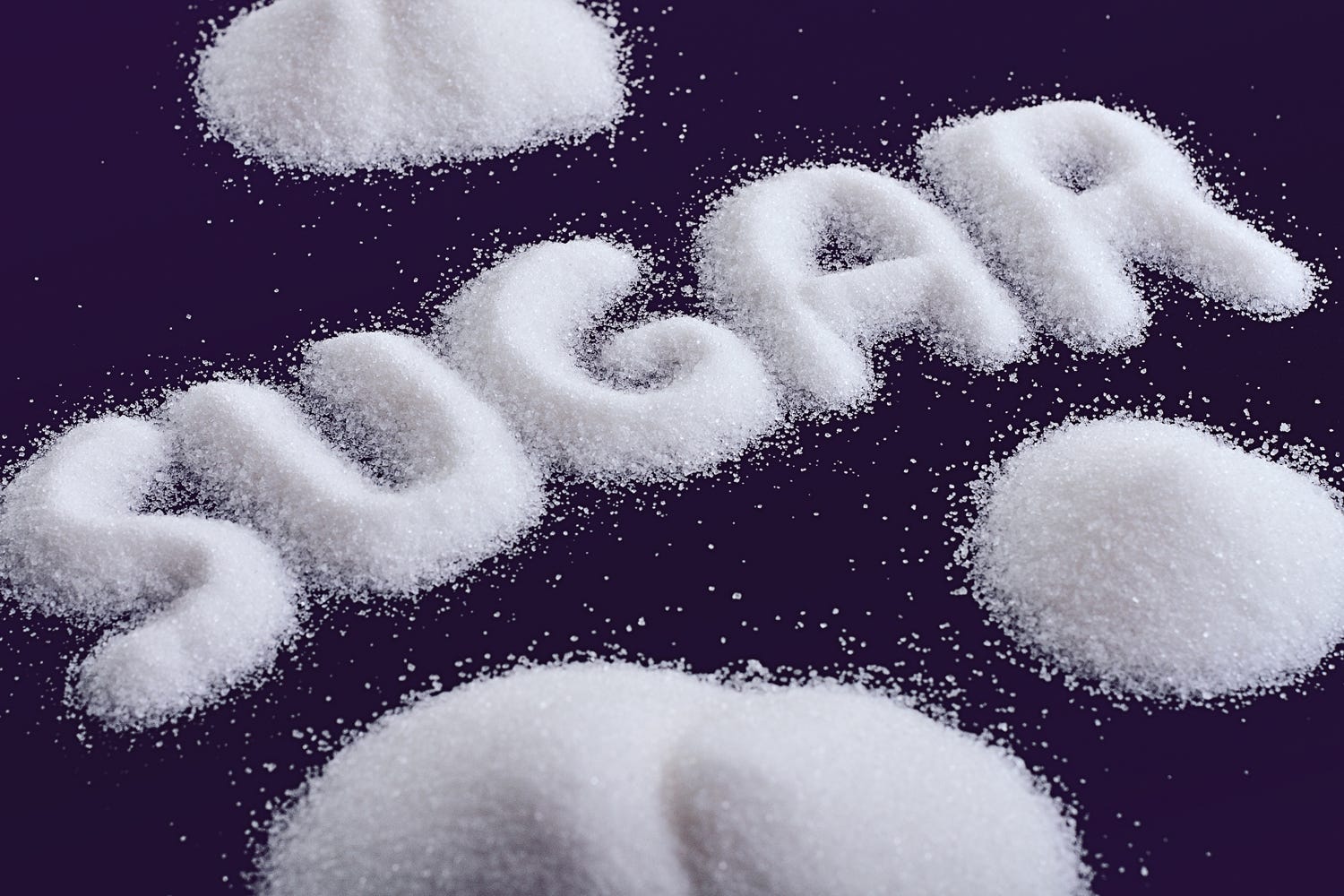
Before you add the iodine, vinegar or water you will need to divide each powder into 3.
1. cardboard
2. sugar
3. salt
4. cornflour
5. baking soda
6. pen
7. magnifying glass
Steps
1. get a piece of card
2. split it into four groups
3. put all four ingredients on card
4. look at with magnifying glass
5. experiment with
6. Done
Sugar
|
Salt
|
Baking Soda
|
Cornflour
| |
Appearance
| grains | Grains | bits | bits |
Texture
| block | blocks | soft | soft |
Smell
| sweet | gross | disgusting | nothing |
Iodine
| turned brow and spread | turned brow and spread | went solid | turned purple |
Water
| wet | wet | soggy | gross |
Vinegar
| wet | wet | fizzed | dissolved |
Write a sentence about your findings.
I found that it depends on what chemicals and substances you use
Making Sherbet
Once you have completed your blog and cleaned up all your equipment you can make sherbet.
Using the following recipe you can make sherbet.
Sherbet recipe
Recipe:
Recipe:
1 tsp of powdered drink crystals (eg refresh)
1/4 tsp citric acid
1/2 tsp icing sugar
1/4 tsp -baking soda.
Put all ingredients into a zip lock bag, stir, and enjoy.
Materials:
1. bag
2. powdered drink crystals
3. citric acid
4. icing sugar
5. baking soda.
1. get a snap lock bag
2. add citric acid
3. add icing sugar
4. add drink crystals
5. add baking soda
6. SHAKE!
Findings: I found that the sherbet had a weird taste but fizzed in your mouth
Sherbet
| |
Taste
| weird |
Colour
| red |
Friday, March 22, 2019
Reading week 8
For My reading we had to create a chart for the women's suffrage main people.

Card
For what happened last Friday we had to make a card for a group of people and I chose for the ambulance. Here is my card.

Drama - Week 8
Earlier this week we worked on freeze frames our freeze frame is we walk along the beach and find someone doing star jumps and they were at 1 Thousand and then someone else was digging
Friday, March 15, 2019
Math
Today for maths we did a group task in DMIC math. Our task was had to choose one of two people for there pay for 2 weeks. Person 1 got 10 dollars for the first day and got 2 dollars every other day and got 38 dollars all up. Person 2 got 1 dollar on the first day and it doubled every other day they got 8192 dollars. How we worked it out is we started with 1 and we kept doubling it until we had done it 14 times.
Thursday, March 14, 2019
Crystals
Aim: To learn about a saturated solution and how to make crystals
Definition of solution:
A liquid mixture, when something is dissolved into a liquid (eg: sugar in water)
Definition of saturated:
Having or holding as much as can be absorbed of something (when no more sugar or borax can be dissolved into the water)
In groups of three you will make three different types of crystals and compare the results.
Borax Crystals

Ratio; 3 Tablespoons Borax per 1/2 cup water
Materials
1) Cup
2) borax
3)string
4)hot water
5) 3 pipe cleaners
6) stick
Process
Step 1: put 3 spoons of borax in the cup
Step 2: insert hot water
Step 3: stir with stick
Step 4: put stick on top of cup
Step 5: tie string on and twist 3 pipe cleaners
Step 6:tie pipe cleaners to string ad inset pipe cleans into the cup and wait
Sugar Crystals
Materials
1) string
2) water
3) cup
4) sugar
5) stick
Process
Step 1: put 4 spoons of sugar in
Step 2: insert hot water
Step 3: stir
Step 4: tie string to stick
Step 5: put stick on cup
Step 6: wait
Salt Crystals

Ratio: 4 Tablespoons salt to 1/2 cup water
Materials
1) string
2) water
3) cup
4) salt
5) stick
Process
Step 1: put 4 spoons of salt in
Step 2: insert hot water
Step 3: stir
Step 4: tie string to stick
Step 5: put stick on cup
Step 6: wait
Findings
Describe your crystals in the table below.
Crystal Type
|
Shape
(Describe the shape) |
Size
(of individual crystals) |
Hardness
(Crumbly to Rock Hard) |
Borax
| still like a star | same | hard |
Sugar
| same | same | hard |
Salt
| same | same | hard |
What crystals worked out best and why?:
Conclusion:
________________________________________________________________________
Conclusion:
________________________________________________________________________
After watching the videos as a class, explain how the following crystals are formed:
Type
|
Explanation
|
Salt
|
seawater, pond, sun, evaporation, salt
|
Sugar
|
sugar cane, chop it up, squish, juice, heat up juice to evaporate water, crystallises
|
Snowflakes
|
dust, water freezes to dust. more water freezes.
|
CRYSTAL TYPES
AIM: TO LOOK AT THE 7 DIFFERENT TYPES OF CRYSTALS
| Salt Crystals |
| Sugar Crystals |
| Borax Crystals |
7 different crystal shapes
The 7 types of crystals
Type
|
Number of sides
|
2 examples
|
Image
|
Triclinic
| 7 | Turquoise Rhodonite | 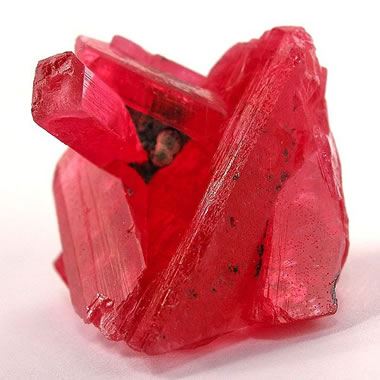 |
Monoclinic
| 10 |  | |
Orthombic
| 6 |  | |
Trigonal
| 10 | 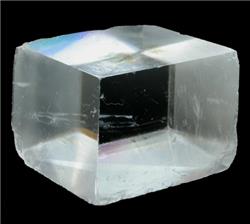 | |
Hexagonal
| 8 |  | |
Cubic
| 6 | ||
Tetragonal
| 12 |
 |
Subscribe to:
Comments (Atom)

